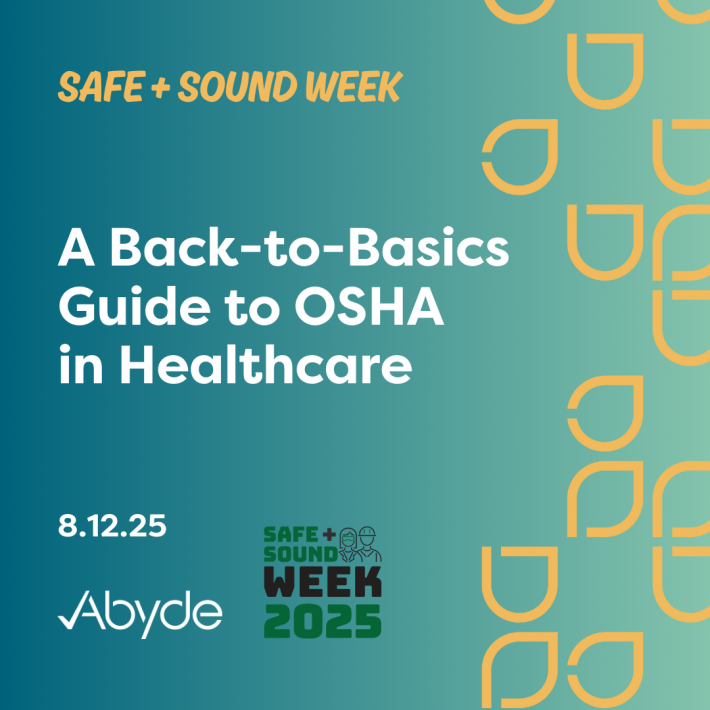June 1, 2023
When thinking about medical practice compliance, the first thing that likely comes to mind is HIPAA, patient confidentiality, and related healthcare regulations. While these areas are undeniably crucial, there’s another regulatory authority that should never be overlooked, even in the smallest of medical practices: the Occupational Safety and Health Administration (OSHA).
OSHA sets and enforces standards that help manage these hazards and provide safe working environments. But why is OSHA compliance so essential for small to midsize medical practices?
A Culture of Safety
OSHA compliance is not just about following regulations—it’s about creating a culture of safety. This promotes a sense of well-being among employees, which, in turn, fosters better patient care. Studies have shown that safe, happy employees are more engaged and productive, which is essential in a patient-centric industry like healthcare.
Protection Against Occupational Hazards
Medical professionals are exposed to an array of occupational hazards. OSHA standards aim to protect employees from potential threats such as exposure to infectious diseases, hazardous drugs, ionizing radiation, and more. By complying with OSHA standards, small to midsize medical practices can ensure the well-being of their staff, leading to reduced absences, lower turnover, and increased employee satisfaction.
Legal and Financial Implications
Non-compliance with OSHA regulations can lead to hefty fines and legal consequences. Small to midsize practices might not have the financial resilience to deal with such penalties, which can range from thousands to hundreds of thousands of dollars. Additionally, non-compliance can result in lawsuits, tarnished reputation, and even closure of the practice.
Maintaining Trust
Patients entrust healthcare providers with their lives and well-being. If a medical practice fails to comply with OSHA regulations, it can significantly damage the trust built between the healthcare provider and their patients. Adherence to OSHA standards sends a clear message to patients that their safety, as well as the safety of the staff providing their care, is a top priority.
Staying Ahead of Changes
Healthcare is an ever-evolving field with new technologies, treatments, and threats emerging regularly. OSHA compliance ensures that medical practices are staying ahead of these changes, preparing for new hazards, and continuously improving their safety protocols.
In conclusion, the importance of OSHA compliance in small to midsize medical practices cannot be overstated. It fosters a culture of safety, protects against occupational hazards, saves potentially significant legal and financial costs, maintains patient trust, and keeps the practice prepared for changes. Given the high stakes of medical care, these benefits show why OSHA compliance should be seen as a non-negotiable element of running a successful, responsible, and trustworthy medical practice.
Abyde’s software offers a comprehensive solution that helps small to midsize practices manage their OSHA compliance needs effectively. The platform delivers continuous updates in line with OSHA changes and standards, provides training for employees, and includes risk analysis features. In doing so, it minimizes the potential for costly penalties while allowing healthcare providers to focus on what they do best: providing top-quality care for their patients.
Investing in OSHA compliance is an investment in the well-being of your staff, your patients, and the long-term success of your practice. Choose Abyde today, and step into a future where regulatory compliance and optimal patient care are completely stress-free.





